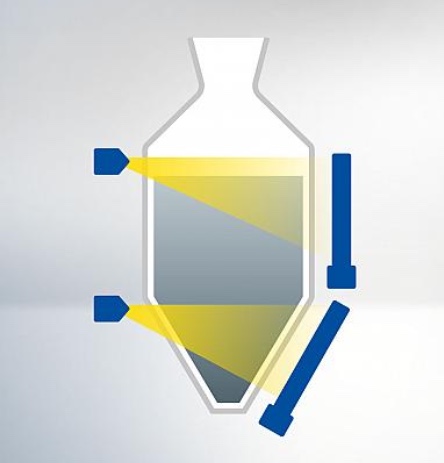Question
-
What exactly causes coking on Diesel and Vaccum gas Oil hydrotreating catalysts (treating Crack and Straight run feeds)?
Dec-2022
Answers
-
Marcio Wagner da Silva, Petrobras, marciows@petrobras.com.br
The coking process in hydrotreating units generally occurs due to the cracking and dehydrogenation reactions in the catalyst beds that are favoured by high temperature and due to the feedstock quality, hydrotreating units processing heavier feeds with high concentration of olefinics, polyaromatics, and asphaltenic compounds tends to present higher coke laydown rates. The hydroprocessing units operates under high hydrogen excess aiming to overcome the hydrogen diffusion limitations, once the hydrogenation reactions are exothermic, there is a temperature raising in the catalyst bed which favours the cracking and another side reactions (dehydrogenation) leading to the production of lower added value derivatives and coking deposition over the catalyst surface.
By this reason, for hydrotreating units processing unstable feeds (cracked feeds and residue) its fundamental an adequate design and operation of the quench and temperature control system of the hydrotreating reactors in order to ensure an adequate temperature control through the catalyst bed without hot points.
Dec-2022

















